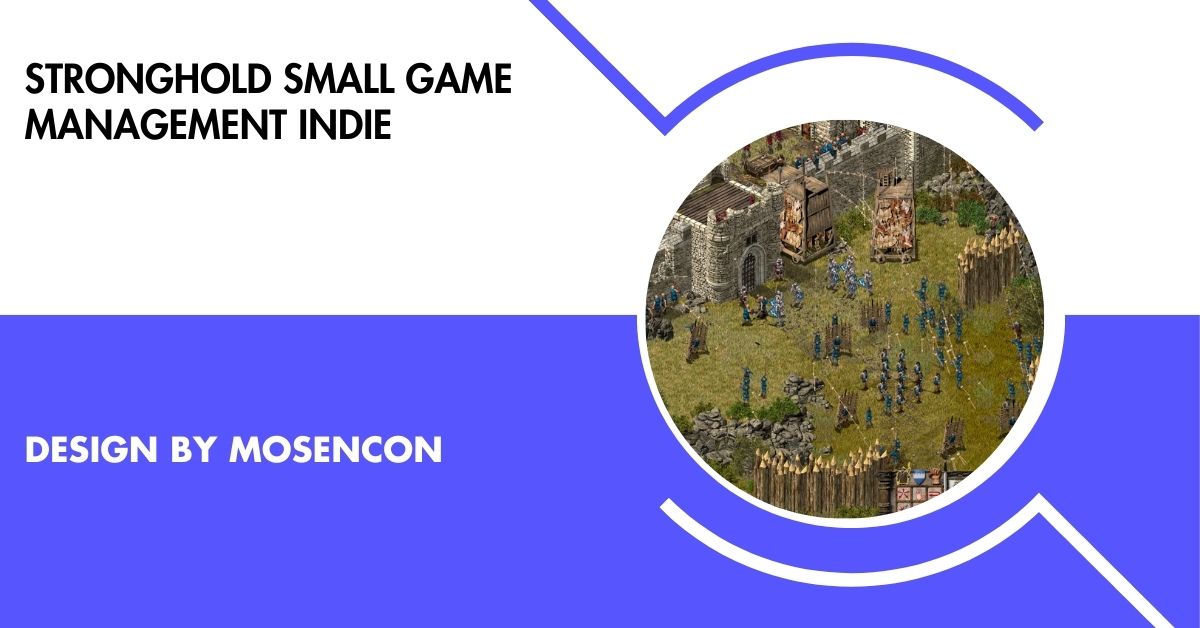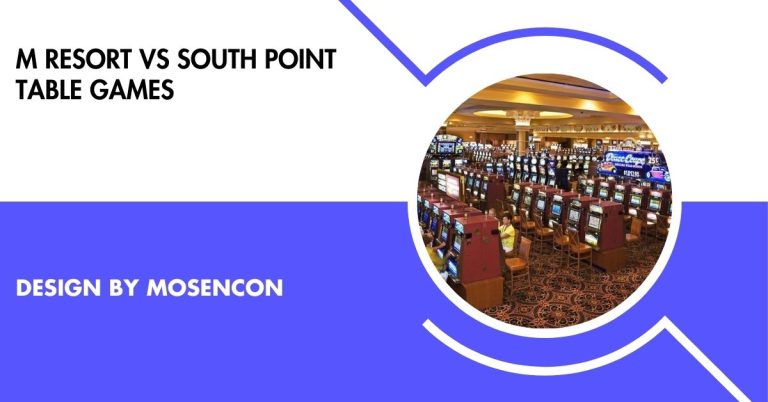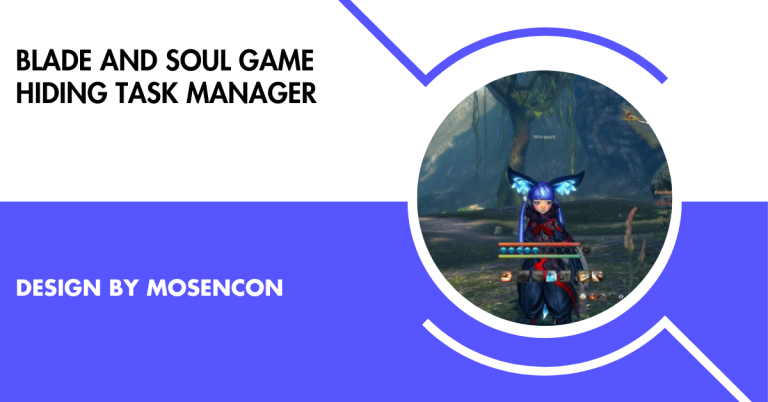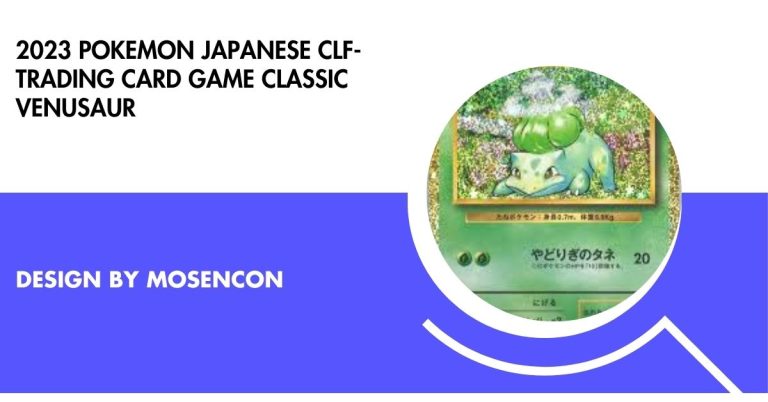Spokane Skip The Games – A Guide To Indie Game Mechanics And Strategy!
Stronghold small game management focuses on balancing resources, population, and defense strategies in a controlled environment, emphasizing strategic planning and creativity.
In this article, we will explore the mechanics behind small game management in Stronghold, its appeal, and why it has become a favorite among indie game enthusiasts.
What is Stronghold Small Game Management?
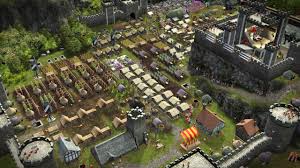
Stronghold small game management involves controlling and optimizing resources within a confined environment. Unlike large-scale strategy games, it focuses on managing a smaller scope where every decision has a significant impact. In games like Stronghold, players must carefully balance resources, maintain order, and plan strategically to ensure success. Mistakes can lead to major setbacks, making efficient resource use crucial. The goal is to manage the limited resources effectively and execute plans with precision to achieve victory.
Why Indie Games Focus on Small Game Management:
Indie games, known for their creativity and unique mechanics, have embraced the concept of small game management because it allows for deep, personalized gameplay within limited settings. Here are a few reasons why small game management has become a popular feature in indie games like Stronghold:
- Simplified Complexity: Indie games often aim for simplicity while still delivering complex experiences. Small game management allows for this balance, where players can focus on a smaller scope but still face rich challenges.
- Player Creativity: Indie games emphasize player choice, and small game management systems allow players to be more creative in solving problems. With fewer resources and a smaller area, players must think outside the box.
- Efficient Gameplay: Smaller game environments allow for quicker matches, making them ideal for players with limited time. The focus on small game management keeps gameplay focused and engaging without being overwhelming.
Key Mechanics in Small Game Management in Stronghold:
In Stronghold and other similar indie games, several key mechanics are integral to small game management. Understanding these mechanics helps players improve their strategic approach and enhances overall enjoyment.
Resource Management:
Resource management is the backbone of small game management. In games like Stronghold, players must gather and allocate resources such as food, wood, stone, and gold to ensure the survival and prosperity of their settlement. Resources must be used wisely to maintain a steady economy, train units, build defenses, and satisfy the needs of the population.
Key aspects of resource management include:
- Efficient Allocation: Deciding where to allocate resources based on immediate needs.
- Balancing Growth: Ensuring that there is enough resource production to meet both current and future needs.
- Sustainability: Avoiding over-exploitation of resources, which can lead to shortages and economic collapse.
Population and Happiness:
In Stronghold, managing the happiness and needs of your population is another essential element. A happy population leads to a thriving economy and can help support the growth of your settlement. Players must balance their resources to ensure that the population has enough food, shelter, and entertainment.
Elements of population management include:
- Food and Shelter: Ensuring that the population has enough to eat and safe living conditions.
- Entertainment and Well-being: Providing amenities like taverns or festivals to improve happiness.
- Workforce Efficiency: Balancing the number of workers needed for various tasks to avoid both overwork and underemployment.
Defensive Strategy:
In many games, small-scale management is complemented by strategic defense planning. Players must decide where to place defensive structures such as walls, towers, and traps to protect their settlements from external threats. The key to success lies in effective use of available resources to build a defense that can withstand enemy attacks.
Important aspects of defensive strategy include:
- Placement of Structures: Placing key defensive structures in strategic locations.
- Resource Allocation for Defense: Deciding how much of your limited resources should be allocated to defense.
- Adaptability: Adapting to the changing nature of enemy threats and adjusting the defense accordingly.
Building and Expansion:
Building new structures is another core component of small game management. Every structure in the game serves a specific purpose, whether it’s to increase production, support your population, or strengthen your defenses. Expanding your settlement in a strategic manner while maintaining balance is a challenging but rewarding aspect of the gameplay.
Key components of building and expansion include:
- Building Priorities: Deciding which buildings to construct first based on your immediate needs.
- Efficient Expansion: Expanding in a way that supports the continued growth and stability of your settlement without overextending resources.
- Upgrading Structures: Upgrading structures to improve production or efficiency as the game progresses.
Appeal of Small Game Management for Indie Gamers:
Instant Feedback and Learning Curve:
Small game management provides instant feedback for player decisions. When players make poor choices, they can quickly see the results, allowing them to adjust their strategy in real-time. This quick feedback loop promotes learning and helps players refine their approach. It creates a rewarding experience where players can improve their skills and try new tactics, making each game session both educational and satisfying.
Challenging Yet Fun:
Indie games with small game management mechanics offer a balanced mix of challenge and enjoyment. They allow players to make mistakes without overwhelming them, ensuring that difficulty increases gradually. This steady progression maintains the fun while offering enough challenge to keep players engaged. The ability to learn from failures without excessive frustration creates an enjoyable experience that keeps players coming back for more.
Replayability:
Games with small game management mechanics are highly replayable due to the variety of choices available. Even within a limited environment, players can experiment with different strategies, techniques, and approaches to managing resources and defending settlements. Each playthrough feels unique, as players explore new ways to build and grow their settlements, ensuring the game remains fresh and engaging. This replay value encourages continued exploration and enjoyment of the game.
Tips for Mastering Stronghold Small Game Management
For players looking to improve their small game management skills in Stronghold and similar indie games, here are some helpful tips:
Start Small, Expand Gradually:
Avoid rushing into creating a large empire. Focus on establishing a strong foundation with essential structures and resources. As you become more familiar with the game’s mechanics, gradually expand your settlement. This approach ensures that you don’t overwhelm yourself and allows for better management of resources and strategy as you progress. Building up slowly helps you learn the game’s systems without taking on too much too quickly, leading to more successful outcomes in the long run.
Balance Resources Carefully:
Keep a close watch on your resources and avoid over-committing to one area. Strive to maintain a balanced resource pool that supports both your immediate needs and future growth. Diversifying your resources ensures you don’t face shortages that could cripple your settlement. Regularly assess your stockpiles, and make adjustments to keep a steady flow of food, materials, and manpower. A well-balanced economy is essential for sustainable progress and long-term success in small game management.
Adapt to Changing Circumstances:
The dynamics of small-scale strategy games can change rapidly. Be ready to adapt your strategy based on shifting circumstances such as enemy attacks, resource shortages, or changing population needs. Flexibility is crucial to overcome unexpected challenges. Instead of sticking rigidly to one plan, assess the situation and make adjustments where necessary. Being proactive and responsive to change will help you maintain control of your settlement and avoid major setbacks from unforeseen events.
Plan Your Defense Early:
It’s essential to begin planning your defense early in the game. Even in the initial stages, building basic defensive structures like walls and watchtowers can protect your settlement from early enemy attacks. This proactive approach saves you from scrambling for resources or defenses when threats arise. Planning your defense ensures that you maintain a safe, secure environment while focusing on growth, allowing you to handle external threats without sacrificing your settlement’s progress.
FAQ’s
1. What is small game management in Stronghold?
Small game management involves controlling resources, maintaining a happy population, and defending your settlement, with each decision impacting your success.
2. Why do indie games use small game management?
Indie games embrace small game management for its creativity, simplicity, and ability to deliver engaging, personalized gameplay within limited settings.
3. What is the role of resource management in Stronghold?
Resource management is essential to maintain a steady economy, build defenses, and support your population’s needs while expanding the settlement.
4. How can I improve my small game management skills?
Start small, balance resources, adapt to changes, and plan your defenses early to improve your strategy and increase your chances of success.
5. Is Stronghold suitable for beginners?
Yes, Stronghold is designed with a learning curve that allows beginners to gradually master the mechanics while enjoying a challenging gameplay experience.
Conclusion
In conclusion, Stronghold’s small game management mechanics provide a strategic and engaging experience by focusing on resource management, population needs, and defense strategies. The appeal of such mechanics lies in the balance of complexity and creativity, making it a popular choice for indie game enthusiasts. By mastering these aspects, players can enjoy deeper, more rewarding gameplay while exploring new strategies.

